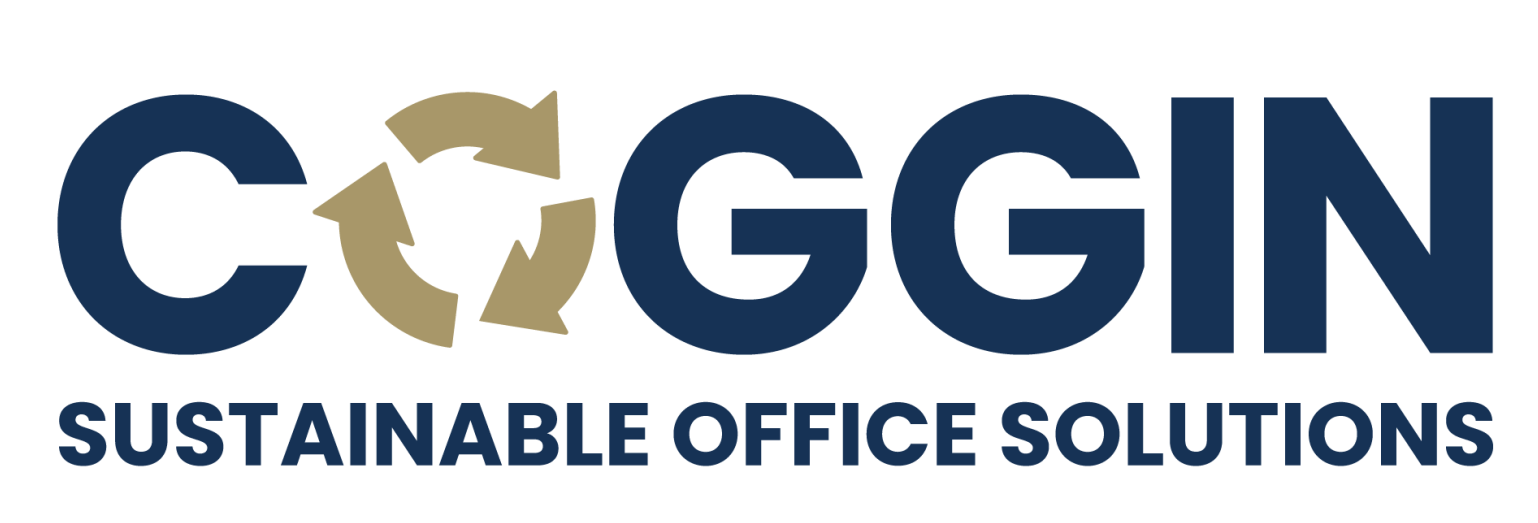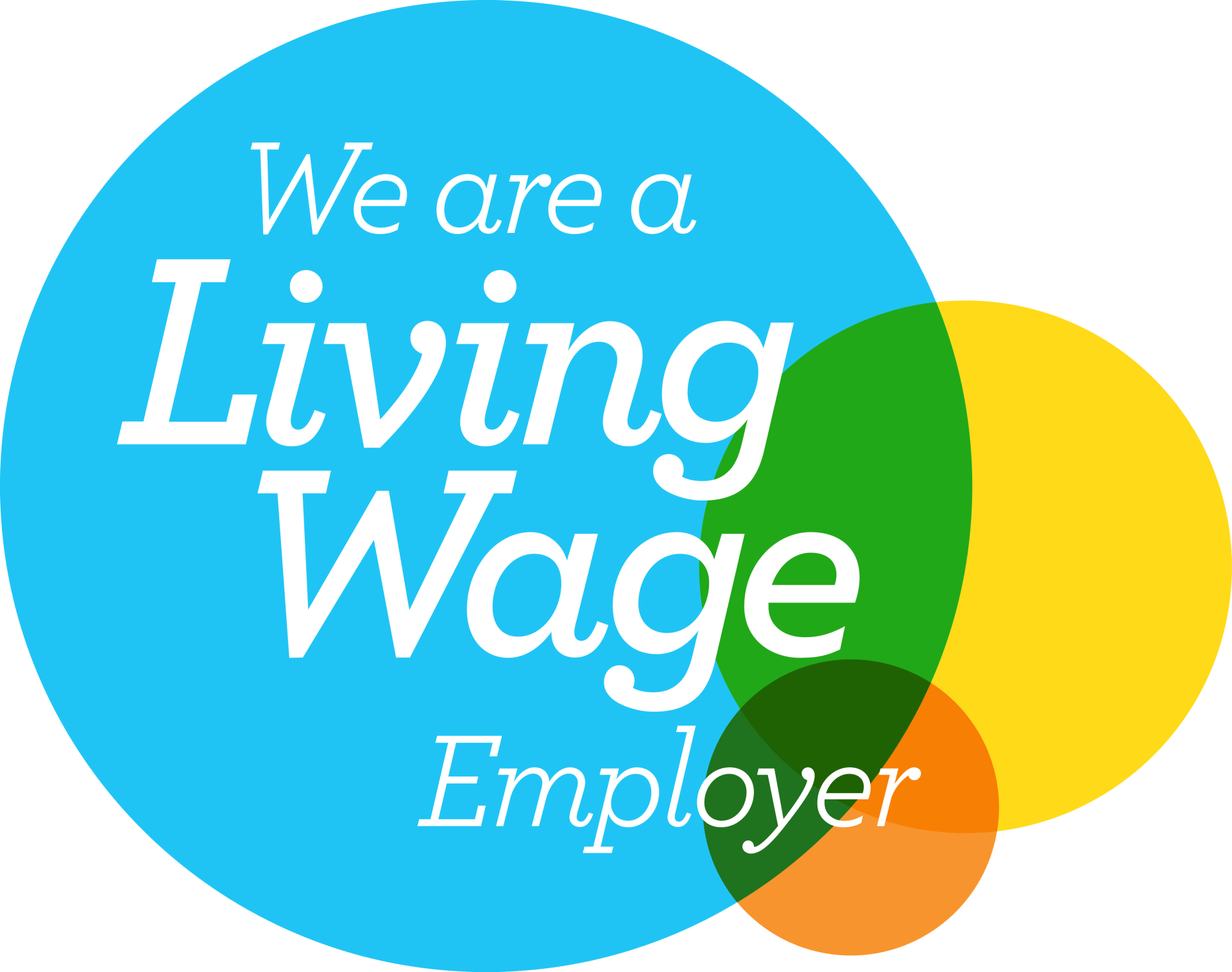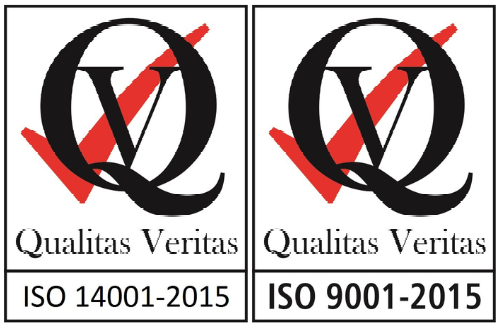Digital Passports for Office Furniture: How Blockchain Is Making Circular Economy Tracking Possible
Have you ever wondered where your office chair came from, what it's made of, or where it will go when you're finished using it?
More and more organisations around the world are now taking advantage of
Digital Product Passports (DPPs) and
blockchain technology
to track office furniture throughout its entire lifecycle, completely changing how we manage these everyday items.
The old "buy, use, dispose" approach is fading as companies begin to recognise both the environmental and financial benefits of
office furniture lifecycle tracking. And with new EU regulations like theEcodesign for Sustainable Products Regulation (ESPR)which took effect in July 2024, this shift is becoming necessary for compliance.
This technology gives you clear insight into your office furniture's lifecycle journey, helping you make better decisions about what you buy, how you maintain it, and when it's time to responsibly move on.
Read on to see how tracking where your office furniture comes from and where it goes, is becoming a wise business choice that pays off in multiple ways.
What are Digital Product Passports for Office Furniture?
Digital Product Passports give your products a digital identity, sharing all the important details about where they came from, what they're made of, and their environmental trace. For office furniture, this creates complete transparency throughout the product's life.
Think about scanning a QR code on your office chair and immediately seeing:
- What materials it contains
- Where those materials were sourced
- How much recycled content is included
- Its carbon footprint
- Repair history and instructions
- End-of-life recycling guidance
Looking to buy eco-friendly second-hand office furniture?
Click here to browse through our current stock.
Why Blockchain Matters for Office Furniture Traceability
You might be thinking: why use blockchain for tracking office furniture, or anything in that matter?
The answer lies in data reliability
and
trust.
Blockchain technology forms the backbone of effective Digital Product Passports, creating immutable records that can’t be altered or tampered with. Unlike traditional databases controlled by a single company, blockchain distributes information across a network, making it both more secure and more accessible. This means you can trust the information about your office furniture's
sustainability credentials.
Here's why this matters for office furniture:
Verified Sustainability Claims: With blockchain, when a manufacturer claims a chair contains recycled materials, that information is verified and can't be altered later. This eliminates greenwashing and builds trust.
Supply Chain Transparency: Every step of production, from forest to factory to office, is recorded, ensuring ethical sourcing and manufacturing practices.
Protected Confidential Information: Using
zero-knowledge proofs (a type of cryptography), companies can verify sustainability claims without revealing proprietary information or trade secrets.
Decentralised Control:
No single entity controls the data, creating a level playing field where information remains accessible even if companies change hands or go out of business.
Digital product passports collect and display key information, letting everyone in the supply chain share and access exactly what they need. The graph below shows who provides and retrieves which details.
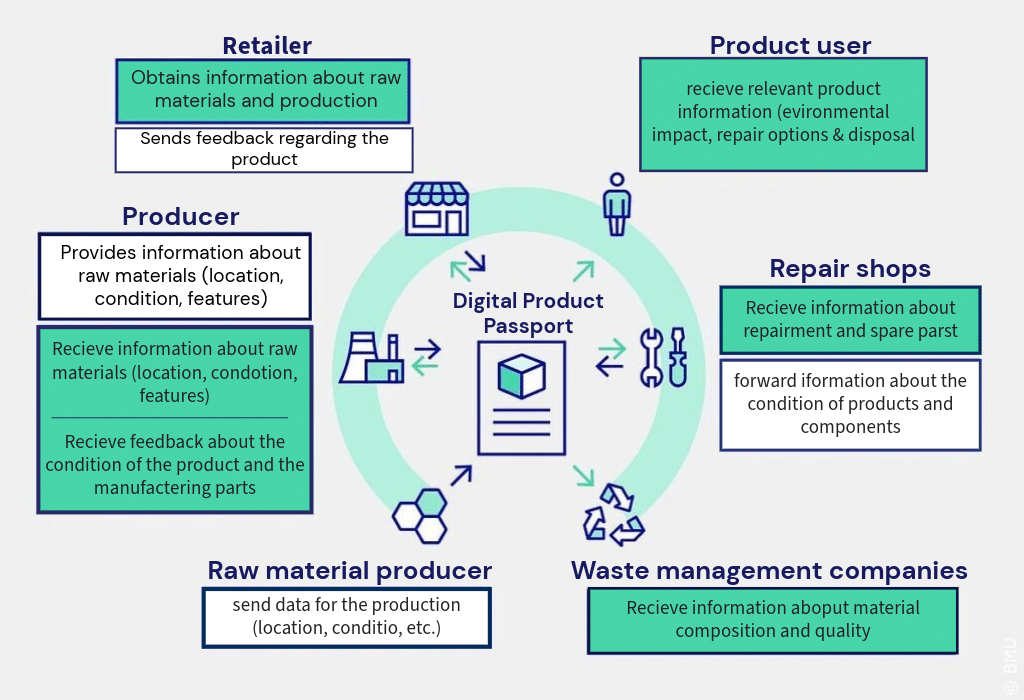
Image source: https://www.bmuv.de/digitalagenda/so-funktioniert/
The Environmental Importance of Office Furniture Tracking
The environmental footprint of office furniture is bigger than most realise. Did you know a typical office chair produces about 72 kg of CO2 during production? That's the same as driving 180 miles in an average car. And in the UK alone, around 300 tonnes of old office furniture ends up in landfill every day - most of it with years of useful life left.
Digital Product Passports help tackle these issues by creating incentives for:
Design for longevity – when everything about a product's lifecycle is visible, manufacturers are motivated to create furniture that lasts longer and is easier to repair.
Material recovery – having detailed information about components makes recycling more efficient and valuable.
Circular business models – tracking systems support furniture-as-a-service, take-back programs, and refurbishment services.
Looking for premium refurbished office furniture options that look as good as new? Check out
our current inventory of Herman Miller, Steelcase and more.
How Digital Passports Impact the Office Furniture Lifecycle
With DPPs, every step of a furniture item's journey becomes visible:
- Raw Material Extraction - Track the source of wood, metals, textiles, and plastics, including certification information for sustainable forestry or recycled content.
- Manufacturing - See where and how components were assembled, what adhesives were used, and what emissions were generated.
- Distribution - Follow the transportation routes and associated carbon footprint as furniture travels to retail or office spaces.
- Use Phase - Record repairs, refurbishments, and relocations throughout the furniture's operational life.
- End-of-Life - Access disassembly instructions and recycling guidance for each component.
This comprehensive tracking completely changes how we value office furniture, moving us away from a throwaway mentality to seeing each piece as a collection of valuable resources worth preserving.
Need to clear old office furniture from your workspace?
Get in touch
today and let's discuss your options, with sustainability in mind.
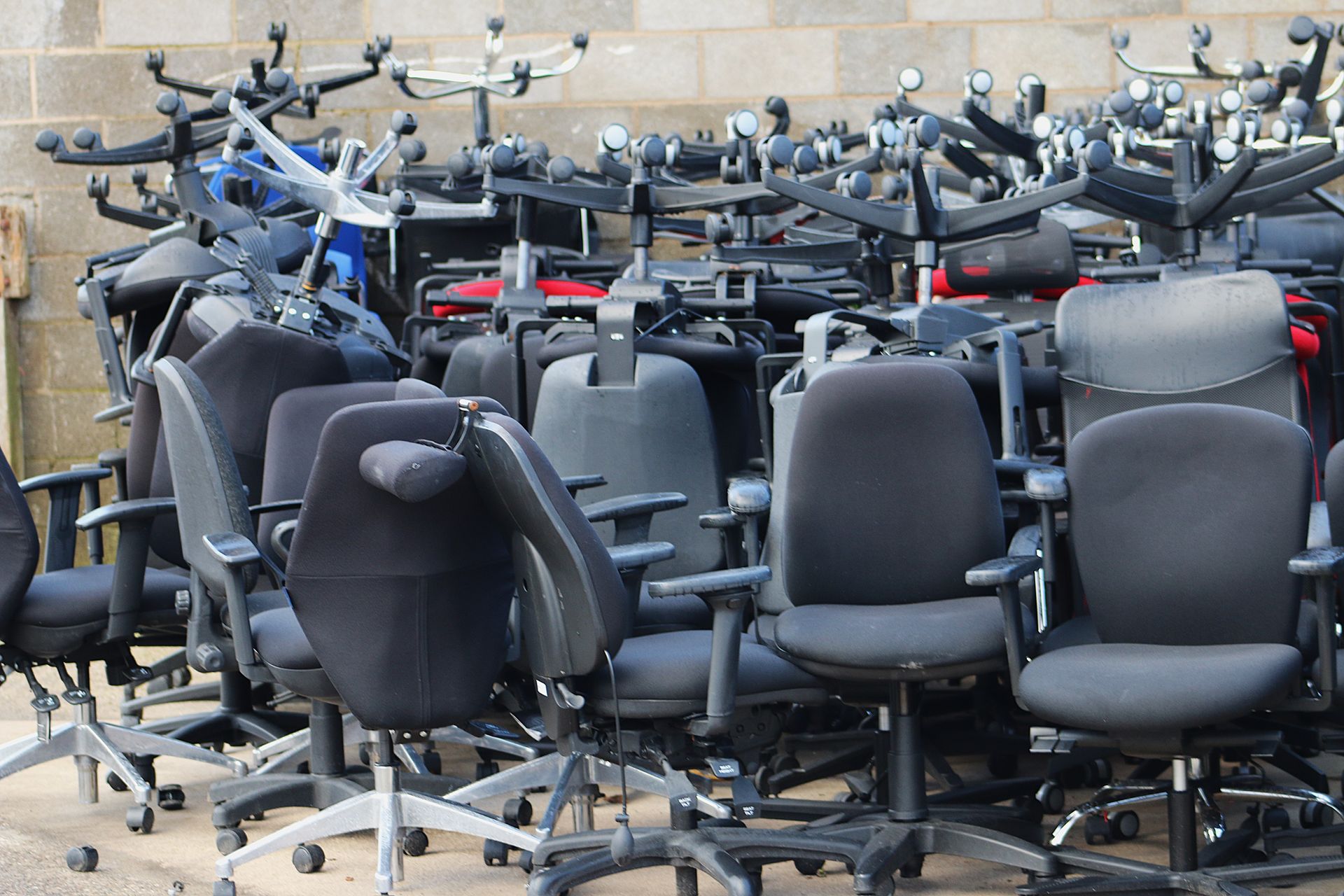
What This Means for You and Your Office Furniture Choices
Whether you're a business owner, facilities manager, or environmentally conscious consumer, Digital Product Passports for office furniture will impact you in several ways:
- More Informed Decisions - Access detailed environmental information before purchasing
- Extended Product Life - Easier access to repair instructions and replacement parts
- Higher Resale Value - Documented history increases the value of used furniture
- Simplified Recycling - Clear guidance on how to properly dispose of furniture at end-of-life
- Verified Sustainability - Confidence that environmental claims are accurate
As Digital Product Passports become more common, we'll see stronger incentives for choosing office furniture with clear, sustainable credentials-ultimately bringing us closer to a truly circular economy for office furnishings.
Read our comprehensive analysis to find out more about the
circular economy
and how it can relate to your office furniture.
Want to save money and reduce carbon but wondering if sustainable office furniture will work for your needs?
This guide
walks you through the basics so you can decide if it's the right choice for your office.
A Sustainable Future for Your Office Furniture
The furniture in your office didn’t just appear, it was built somewhere, from something, and will eventually end up somewhere else. As you look around your office, think about the journey behind each piece of furniture-and how much more could be known with Digital Product Passports.
At Coggin SOS, we're already adopting this circular approach-recycling,
refurbishing, and
selling sustainable office furniture
that
reduces waste and carbon footprints, while
saving you time and money.
Want to make your office more sustainable while saving on costs? Whether you're planning your next office refresh, looking to
responsibly dispose of old office furniture, or searching for quality refurbished pieces, our team is happy to guide you through every step.
Don't let your old office furniture become part of those 300 tonnes heading to landfill.
Contact our team
today.
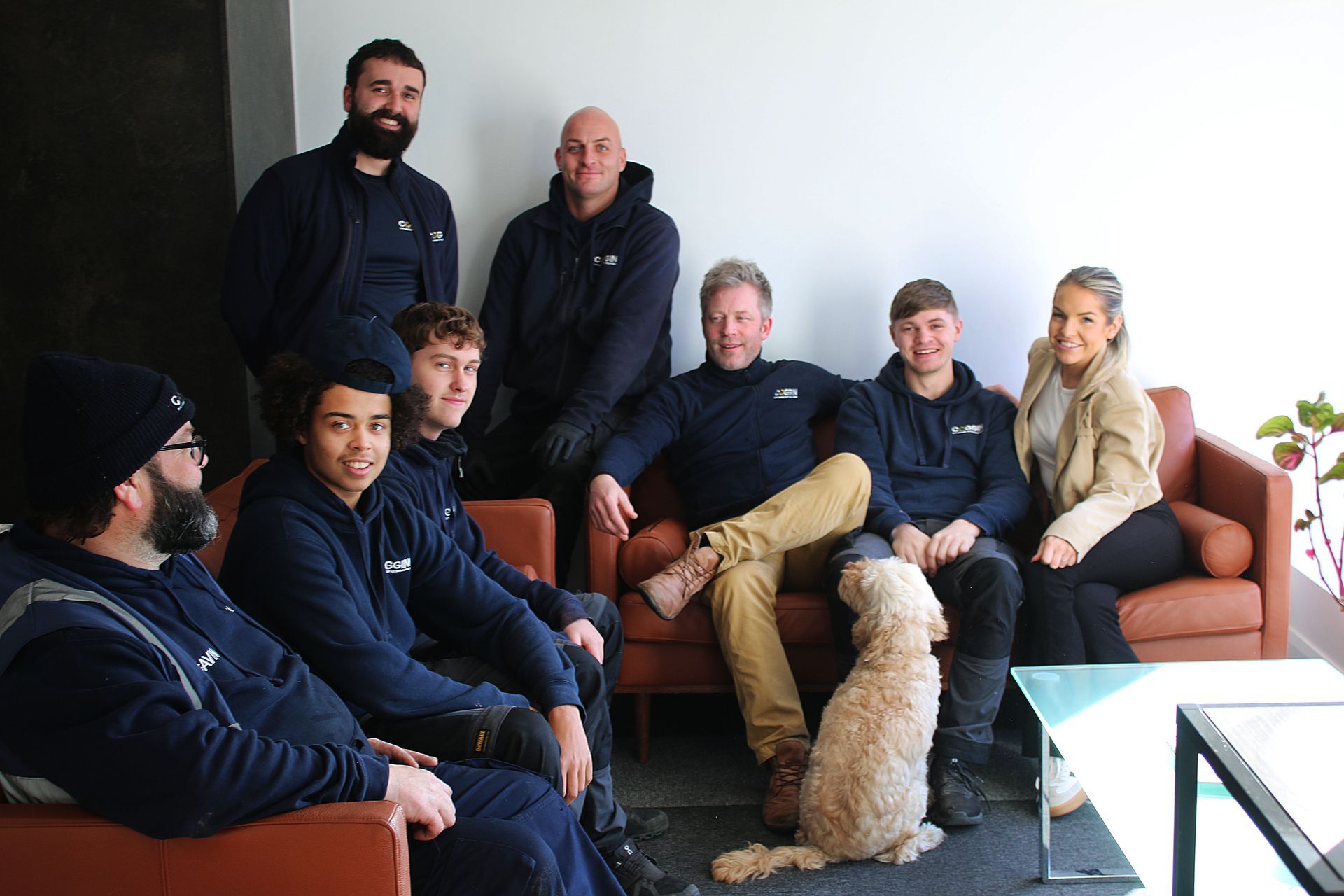
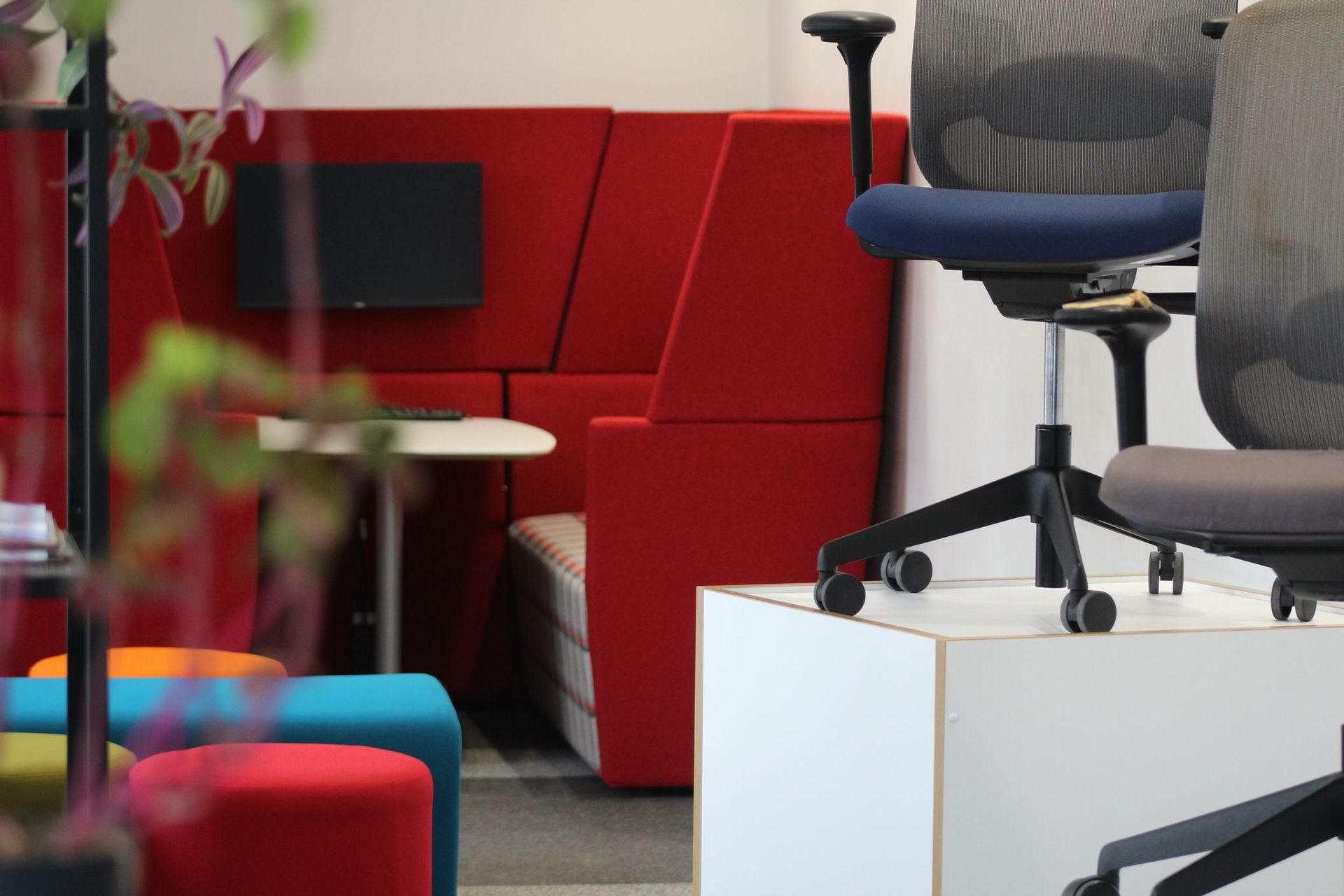
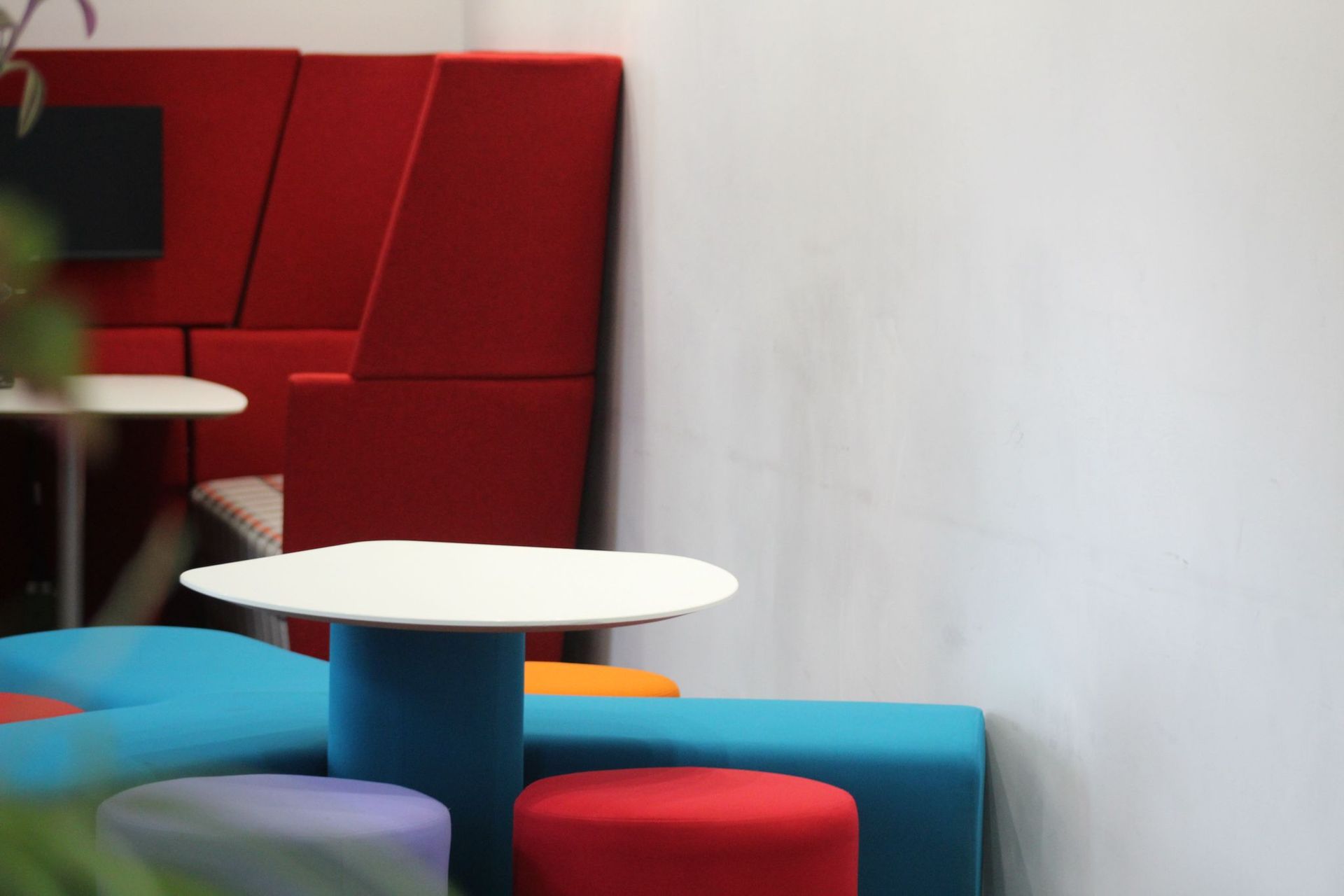
Furnishing the Future: Why Refurbished Furniture is the Smartest Choice for Schools and Universities

